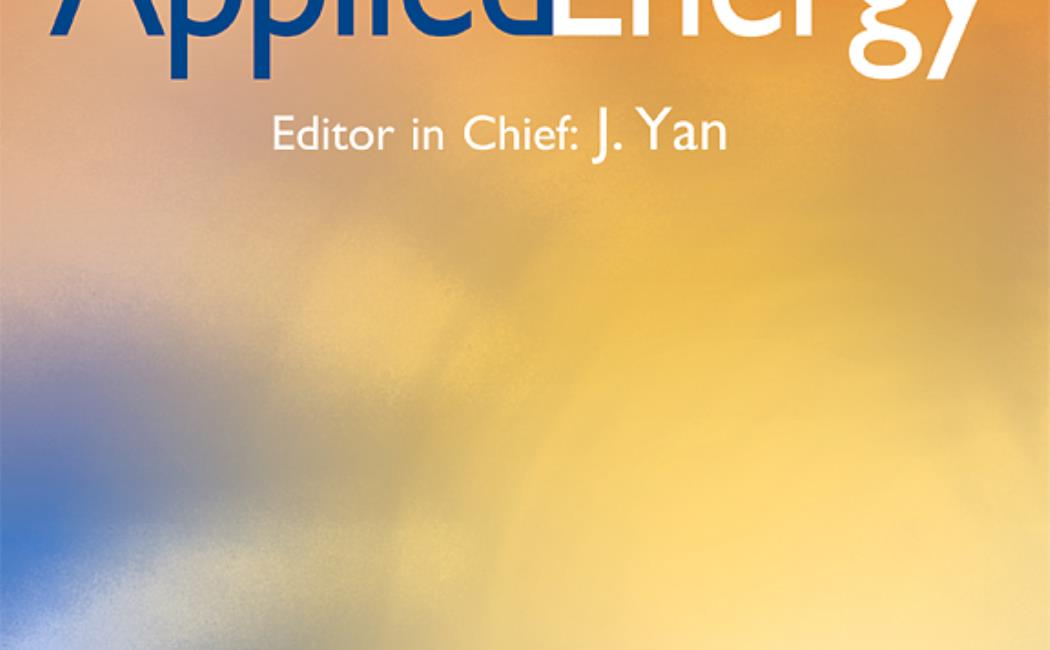
25 December, 2019
Numerous publications have been reported focusing on space energy and most of them are using observational, experimental and analyzing approaches. There remains still a long journey for us to put these into practice, and some fundamental work needs to be accomplished step by step. For example, the exploitation of rare materials from asteroids, like Helium 3 spreading on the surface of Moon, is a hot spot currently in this field and this spreading is often considered as a consequence of solar wind and transport in porous media, which can be modeled decently. This special issue aims to build more collective engagements among compound talents of the wide areas: applied mathematics, petroleum engineering, computational geoscience and astronomical studies, and to highlight the current developments and to insight future studies. Both original research and review studies related to this topic are invited, particularly including but not limited to the following fields:
Editors:
Editor in Chief:
Prof. Jinyue Yan, Royal Institute of Technology and Mälardalen University, Sweden.
Managing Guest Editor:
Prof. Shuyu Sun, King Abdullah University of Science and Technology, Saudi Arabia
Guest Editors:
Prof. Abbas Firoozabadi, Yale University, United States
Prof. Zhangxing (John) Chen, University of Calgary, Canada
Prof. Yun Liu, Chinese Academy of Sciences, China
Prof. Yongchun Zheng, Chinese Academy of Sciences, China
Submission Format and Guideline
This Special Issue solicits both original research and review studies related to advanced investigations of space energy. All submitted papers must be clearly written in excellent English and contain original or review work, which has not been published or is currently under review by any other journals or conferences. Papers must not exceed 25 pages (one-column, at least 11pt fonts) including figures, tables, and references. A detailed submission guideline is available as “Guide to Authors” at:
http://www.journals.elsevier.com/applied-energy.
All manuscripts and any supplementary material should be submitted through Elsevier Editorial System (EES):
http://ees.elsevier.com/apen/default.asp.
Authors must select “VSI: Space Energy” when they reach the “Article Type” step in the submission process.
Important Dates
First submission date: December 15, 2019
Paper submission deadline: April 15, 2020 with possible extension (but no later than August 15, 2020)
Final decision notification: January 15, 2021
Publication: February, 2021
Please note: We will close the submission of this special issue on April 15th, 2020, if enough submissions have been received and the quality of these papers meets our expectation. Otherwise we might extend the submission deadline for some time but no later than August 15th, 2020.
Contact
Prof. Shuyu Sun,
King Abdullah University of Science and Technology, Saudi Arabia
Email: shuyu.sun@kaust.edu.sa